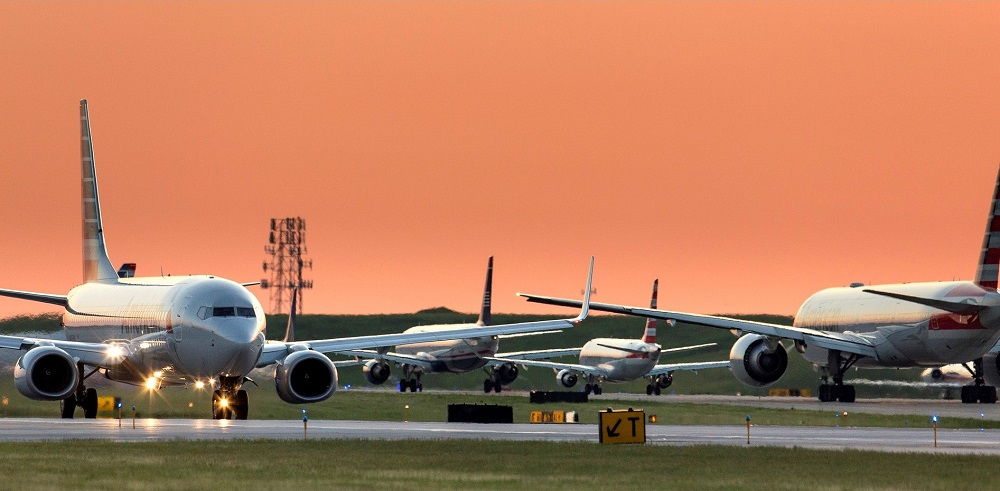IATA: Capacity crunch to hit another 100 airports
01 June, 2019
4 min read


An airport capacity crisis is expected to see the number of airports with constraints on landing and take-off slots increase by as much as 50 percent in the next decade, airlines have warned.
International Air Transport Association senior vice president Paul Steele predicted there could be another 100 slot constrained airports declared in the next 10 years because airport infrastructure was was not keeping up with growth.
He warned that scarce capacity in airports needed to be managed extremely carefully.
READ Iberia, Finnair join oneworld's 'digital revolution'.
About 1.5 billion people a year already depart from slot coordinated airports and managing the problem effectively is hugely important for passengers.
“And the problem that we see is actually going to get even worse,’’ Steele told reporters at the International Air Transport Association annual meeting in Seoul. “Currently we have about 200 airports around the world where we’re actively having to do slot management in order to maximize the use of that capacity.
“As you all know there are many people forecasting that this industry, or the demand for air transport, could double in the next 15 years.
“If that’s the case then with the current pace of development of infrastructure, they’re not going to keep up which means we’re going to have more airports that are going to need careful slot management.
“And we’re predicting that could be up to another 100 airports over the next few years that will need to be managed properly.
Steele cautioned against auctioning primary airport slots in an attempt to solve the problem.
He said the only problem that would solve was filing government treasuries and the impact on consumers in terms of reduced connectivity, schedules and flexibility would be “quite significant”.
“And also, most importantly, it would restrict access to airports from new entrants who maybe wouldn’t have the funds available to enter into a big auction for slots as we go forward, ” he said.
“So we certainly do not promote slot auctioning as an approach to solving the slots issue.”
The IATA executive said slot management provided consumer benefits such as convenient schedules, the promotion of global connectivity and more consumer choice by maximizing aircraft movements at particular airports.
It was also important in terms of access to airports for new entrants such as low-cost carriers and the benefits they brought to consumers through increased competition.
But it needed harmonization and a global approach that ensured uniformity, consistency, certainty, continuity and flexibility to ensure seamless schedules and passenger connectivity.
Steele said harmonization that would allow an aircraft taking off from an airport to know when it would land at its destination.
IATA operated the Worldwide Airport Slot Guidelines and held two conferences a year allowing global airlines and congested airports to come together with independent co-ordinators to set the schedule for the next six months.
This provided a high level of harmonization and consistency to the slot management process.
“And that’s something as a true global industry that we really need,’’ he said. “We operate global standards and its no more important than it is here.”
The approach to slot management continues to evolve and Steele said IATA took the approach that it was not something that was static and had worked hard to ensure that the world slots guidelines were fit for purpose.
This included “a huge amount of collaboration” with its airport counterpart, Airports Council International.
Slots co-ordinators had also organized themselves into an organization and a decision had been made to form a new governance structure that brought the airports, the co-ordinators and airlines together to do a better job of setting future slot policy.
Steve Creedy traveled to Seoul courtesy of Korean Air and IATA.
.
Get the latest news and updates straight to your inbox
No spam, no hassle, no fuss, just airline news direct to you.
By joining our newsletter, you agree to our Privacy Policy
Find us on social media
Comments
No comments yet, be the first to write one.

